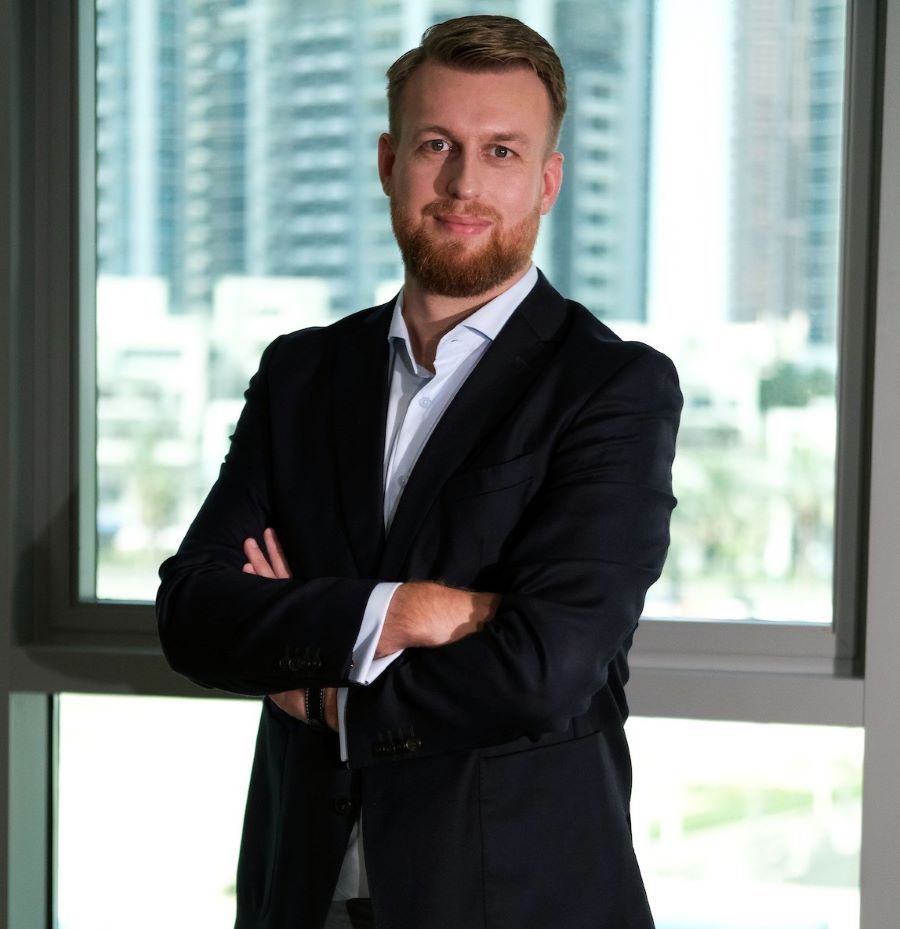
Bas Kooijman, CEO and Asset Manager of DHF Capital S.A., cites that the UAE’s financial wealth is projected to soar beyond US$1 trillion within the next three years. The Ministry of Economy has been urging family businesses in the emirates to invest in non-traditional sectors and recently implemented a new family business law in January. With 90% of private companies in the country being family businesses, the overarching aim is to boost their contributions to the nation’s economy and attract more businesses to set up their operations in the UAE.
This comes on the heels of the country’s efforts in the second half of last year when a first-of-its-kind initiative was launched to double family-owned businesses’ contributions to the nation’s GDP to $320 billion by the end of the decade. These diligent efforts by both the government and families represent a collective willingness to prepare for the future economy. With more money being created in the region, this is resultingly contributing to a forecast of an estimated USD 1 trillion in assets being transferred to the next generation in the Middle East by 2030. Expatriates who are settling down in the region are already playing a key role in bolstering the GCC’s economy, and they will continue to do so. Data shows that in 2021, the Middle East’s high-net-worth individual (HNWI) population and wealth grew by 5.5% and 6.3%, respectively. The UAE has been continuing this surge as its own financial wealth reportedly rose by 20% to USD 700 billion last year. This growth was complemented by 5,200 HNWIs who made their way into
the country to easily surpass an initial forecast of 4,000 in 2022; Dubai alone has recorded 18% growth in its HNWI population during the post-pandemic era and with ongoing turmoil overseas, the emirate is poised to continue attracting the highly affluent.
Bas commented: “The UAE’s ultra-HNWIs outperformed global growth rates with a more than 17% increase in population and a nearly 19% increase in wealth in 2021. Data will likely show that the country has performed exceptionally in 2022 as well, and as capital continues to be injected into both the country’s economy and into the pockets of future generations, sustainable growth and responsible management of finances must remain at the forefront of the nation’s mind.
The Ministry of Economy has urged investors to assess opportunities in up-and-coming sectors like digital assets and financial investments because this is where the future is headed. It is also a great means of diversifying one’s portfolio to mitigate the risk of financial downturns or unfortunate life circumstances. The children are our future – and being able to successfully pass on wealth to them, as well as equip them with the knowledge of how to sustain it, is our responsibility,” he added.
Around 87% of HNWI investors in the Middle East believe that their family business is set up to efficiently transfer wealth to the next generation, however, only 24% have an actual plan in place to do so. The UAE government has accordingly encouraged family-owned businesses to list shares on the country’s stock exchanges to enable easier succession in companies, but several other methods of transferring wealth are available; cash lump sums, real estate, and insurance to name a few. Bas Kooijman is working to raise awareness about this as he makes wealth creation more affordable for all via his securitisation firm, DHF Capital.












